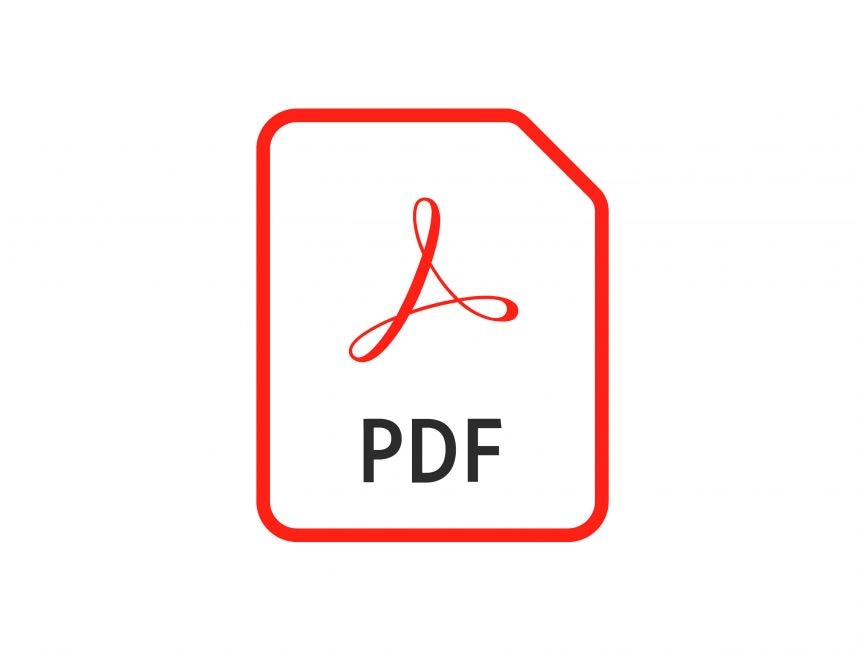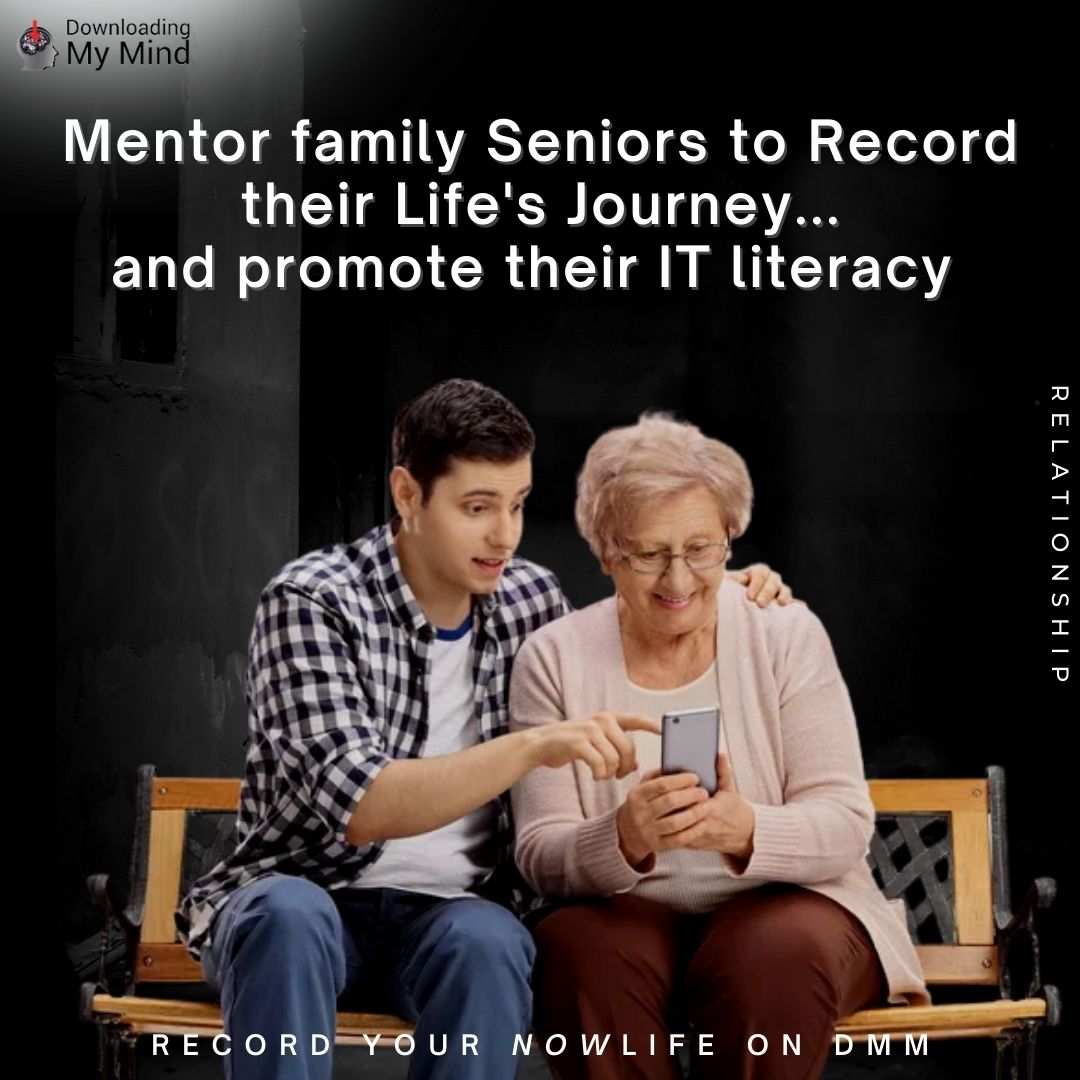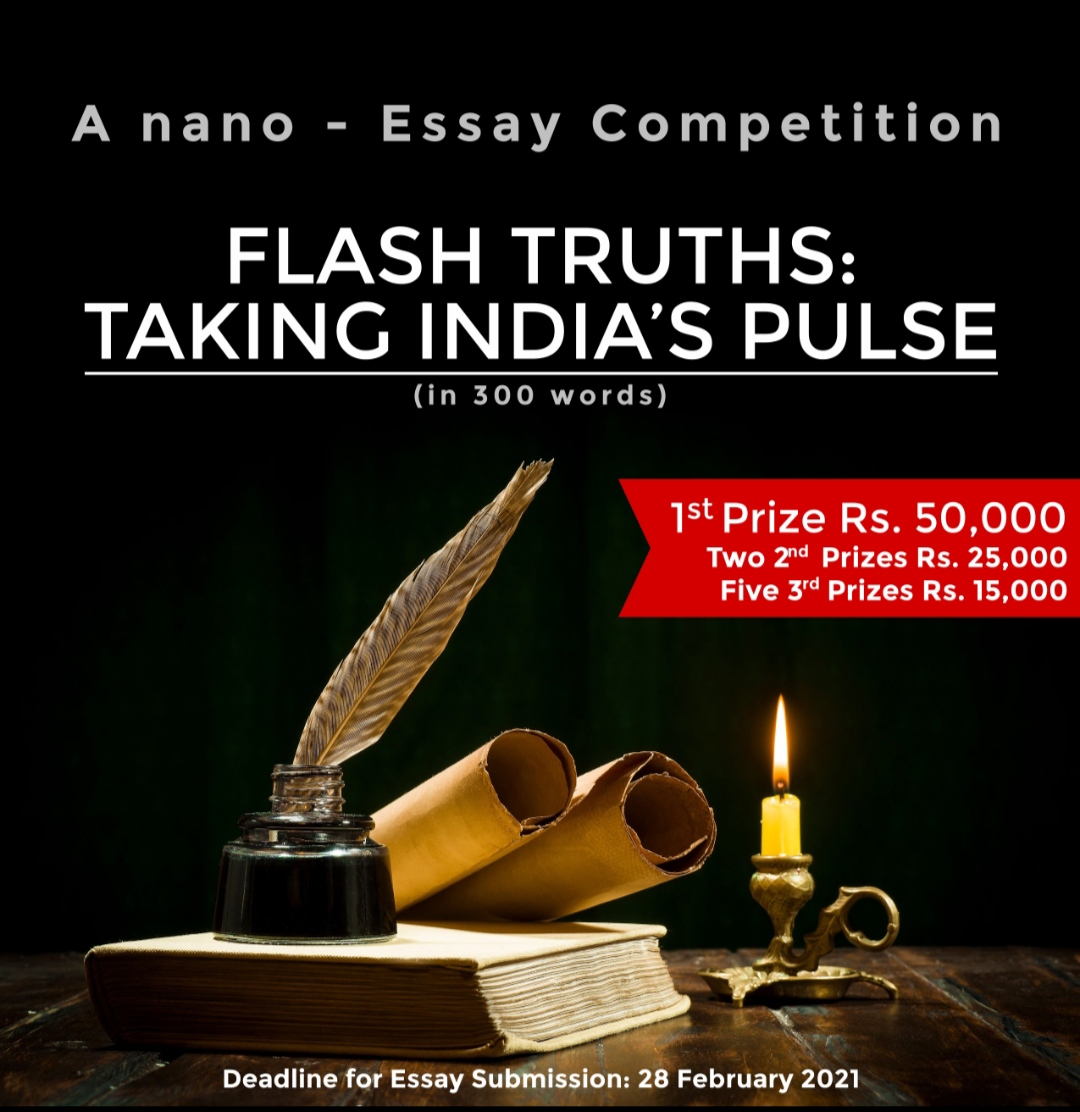In my post, “Stoicism: Advancing the DMM Concept” (under Reflections), I wrote that DMM’s core value proposition is that all humans have an autobiography in their minds, but most do not have the platforms to tell their story. Scattered comments on social media, trying to express their minds, disappear into the ether within days. They do not tell the holistic story of who one is or was. Hence DMM’s Library of Minds, where one’s emotional and intellectual legacy remains stored indefinitely.
To reiterate, every person has a story to tell, but if told verbally in a gathering, it fades away within minutes. Each of us can readily recall listening to reminiscences of parents, grandparents and friends and others, their anecdotes and experiences, but they just evaporate once the gathering splits. As we age, one is increasingly thrown into the company of older people. I listen to their stories and feel regret that they will remain just words in the air, and their descendants or friends will never know the snapshots of their lives just recalled. People take digital selfies endlessly, which if preserved are available for viewing any time. But what about the intangible selfies of the mind that go unrecorded. Diaries provide one avenue for satisfying that objective, but they represent a minuscule of what source material simmers and dies anonymously in the minds of so many.
It is notable that the extent of research studies in human WellBeing is advancing exponentially, no doubt a by-product of ageing western societies. One common thread that emerges is the need to record one’s experiences and feelings on a day to day basis as a means for dealing with stresses and strains of life. So one repeated recommendation is to keep a journal. Another aspect is covered in the attached article, “The Secret Benefits of Retelling Family Stories”:
Research suggests that stories of elder members provide psychological benefits to younger family members. They help to develop a sense of identity of belonging to a ‘centre’, of being part of those stories. The intergenerational stories anchor them within a larger personal group, helping to evolve a set of ‘life guideposts’ and values from the experiences (e.g. coping with adversity) and feelings (e.g. anger, sadness, etc.) of their age seniors. These serve to diminish potential behavioural problems.
Secondly, direct or written stories have advantages over social media. As noted in my earlier article, fragments and momentary pictorial recalls soon fade away. In contrast, the interpretation of holistic stories recorded in the context of an experience or event evolves as youngsters mature.
This underlines the value of the DMM platform both as a journal of value in one’s day to day life, as well as for preserving one’s legacy for passing on to one’s descendants.




